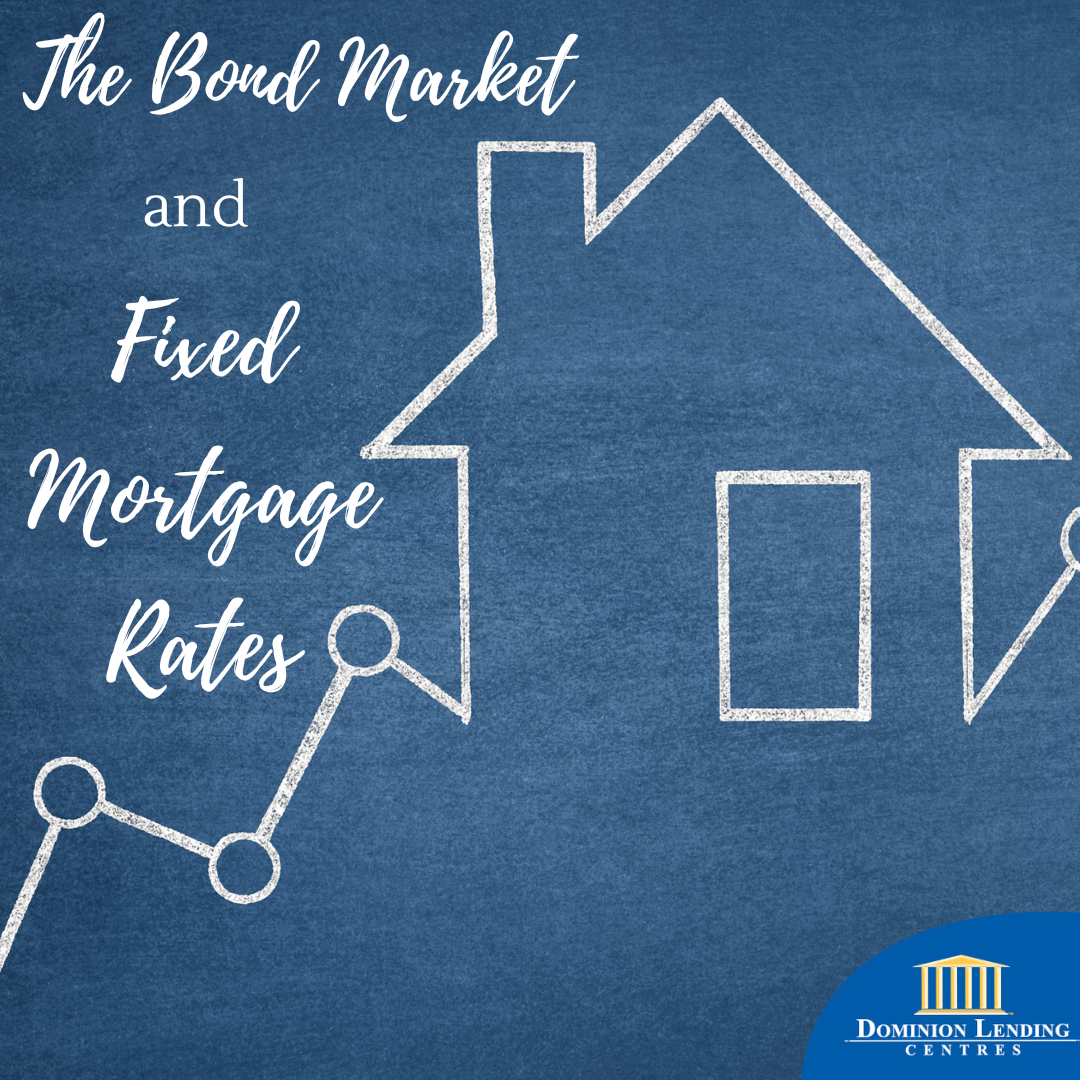The Bond Market and Fixed Mortgage Rates
We have all heard about the Bank of Canada’s (BoC) aggressive increase in their overnight, rate but many people don’t realize that those hikes affect Variable Rate mortgages and unsecured debt. There is a vast difference in the way Fixed Rate mortgages are determined.
Banks buy bonds from the BoC as a source of fixed income. Fixed rates are also a source of income, but they cost more to operate mortgage loans.
Bond prices and bond yields have an inverse relationship. When demand for bonds decreases so does their price and the yield increases. Banks set their fixed rates for mortgages higher than bond yields to keep the two sources of income on par.
Fixed rates are typically set at a spread of 1-2% above bond yields so the activity in the bond market is an indicator of whether fixed rates will go up or down. When bond yields are up fixed rates will go up. If bond yields go down fixed rates may as well but they usually come down more slowly.
Bonds are traded daily and while fixed rates aren’t always set exactly as bond yields fluctuate it is a very good indicator of what to expect. When you hear of a weakening bond market (lower prices) that means yield will increase and fixed rates could be on the rise.
One of the main factors affecting bond prices and yields is inflation. High inflation drives down bond value and increases the yield.
In a time of high inflation such as this, fixed rates are high as well. Another good reason for the Bank of Canada to do everything in its power to get inflation under control to give us some relief.
As always, if you have questions feel free to reach out. I’m here to help.
- Written by Kristin Woolard
